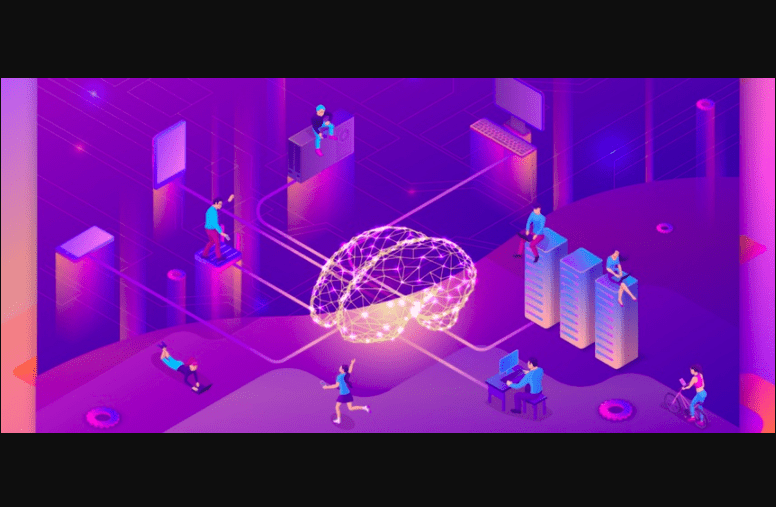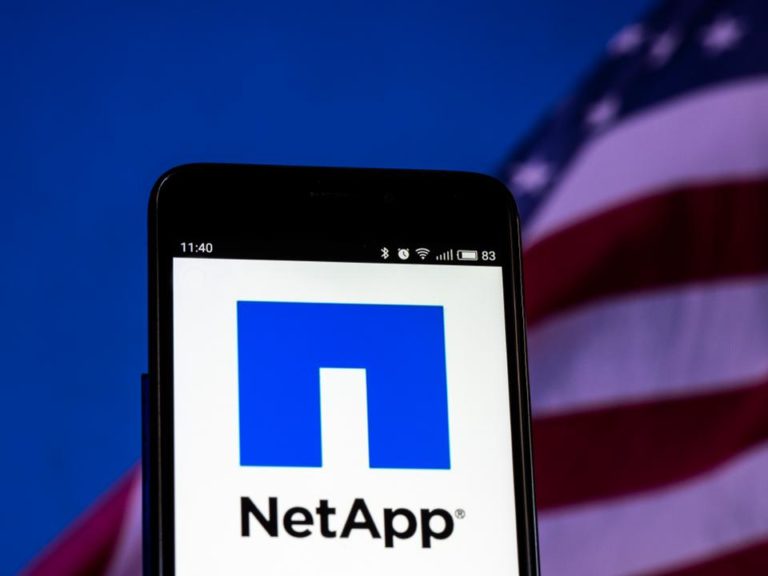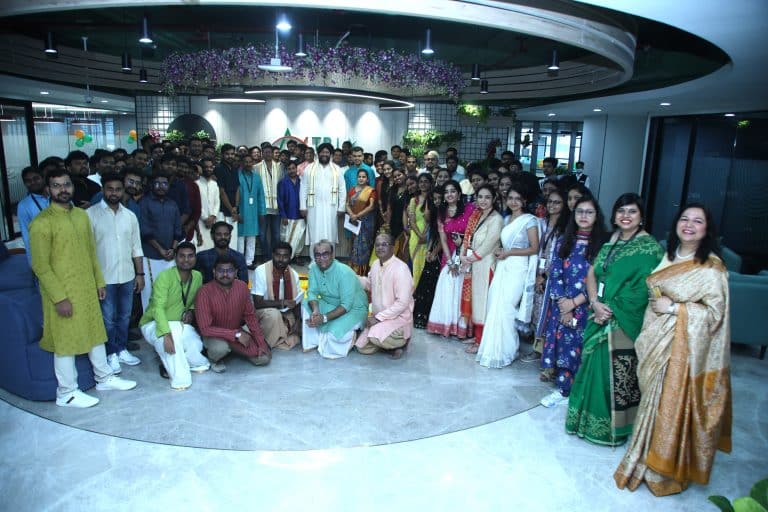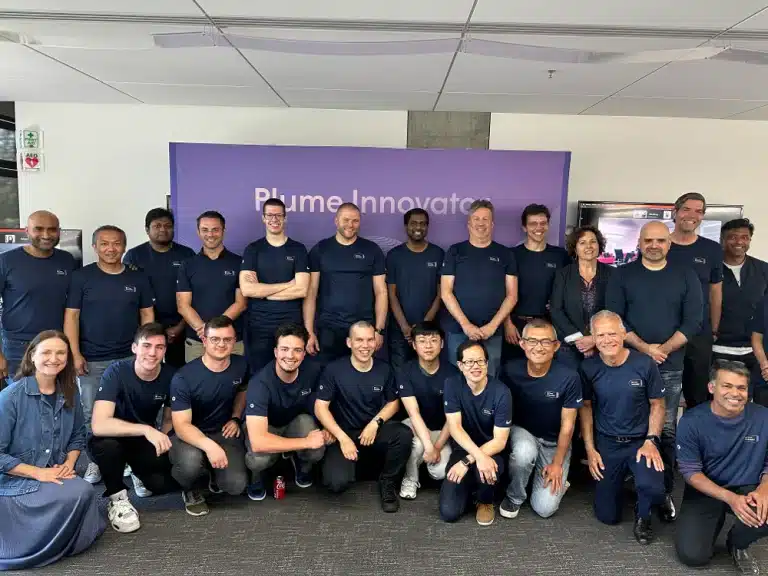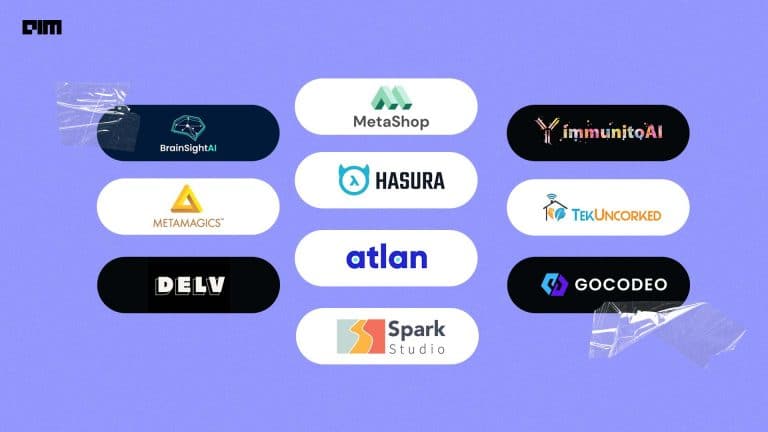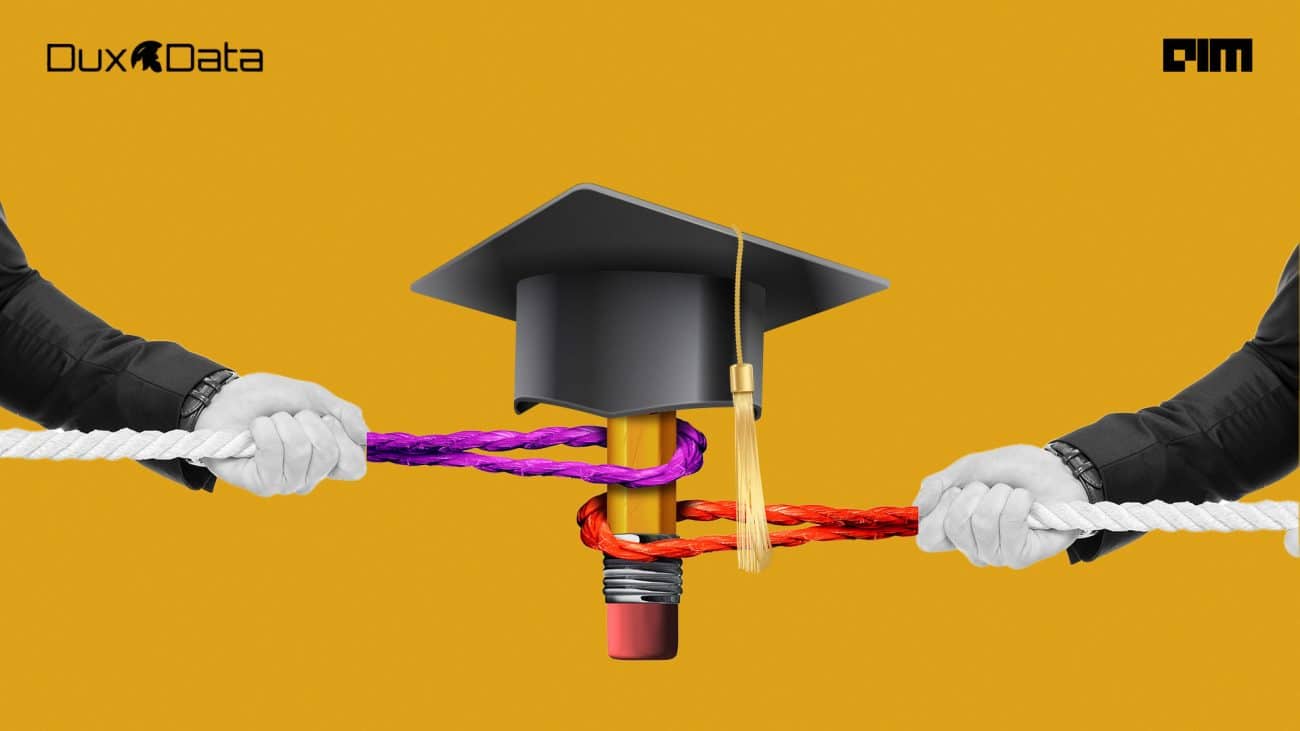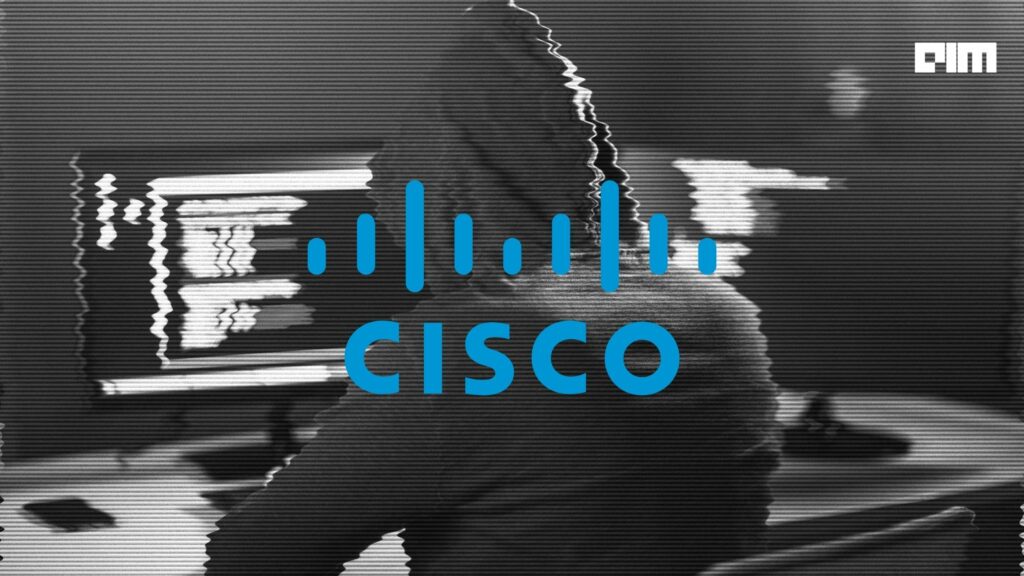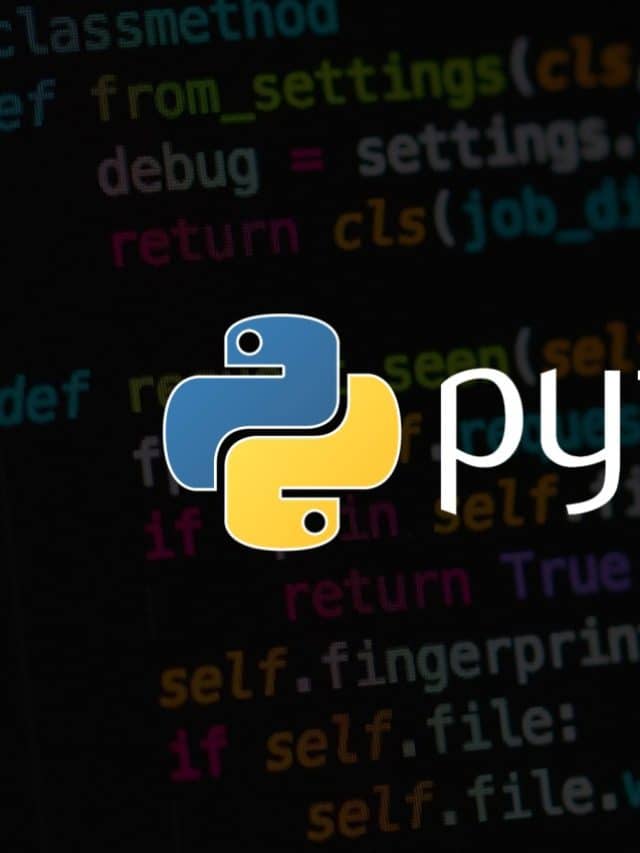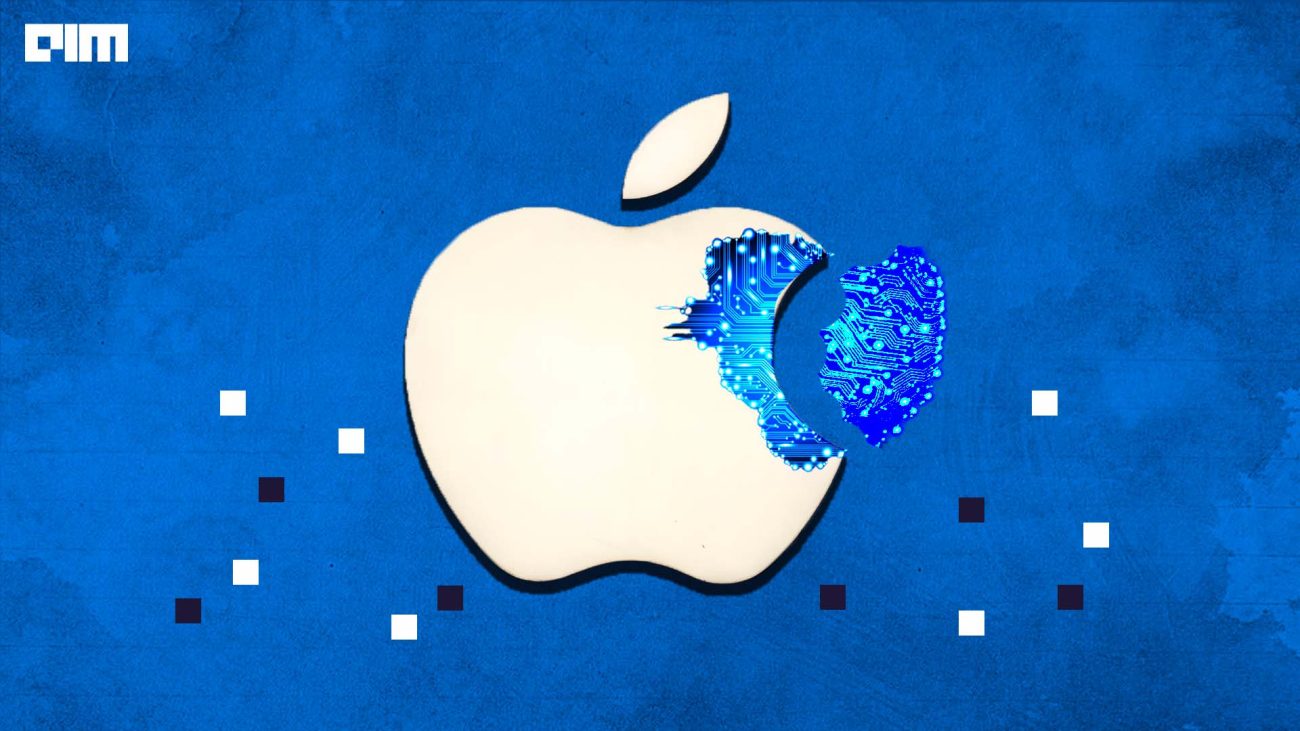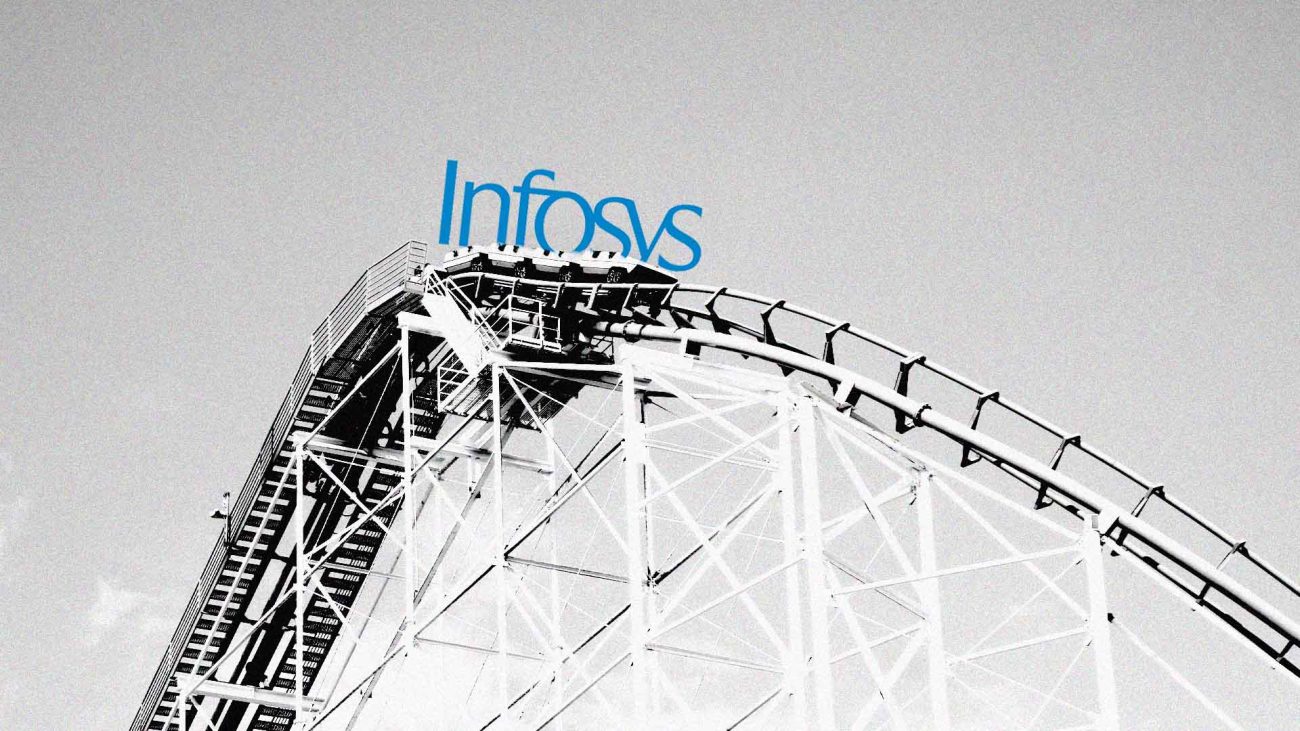Artificial intelligence has found its way into the enterprise world by bringing on intelligent solutions and transforming the work processes. Many companies may claim they are AI firms even when they are only utilising AI as a component of their functions.
While there has been a sharp increase in the use of enterprise AI, there is often a confusion between a true AI and an AI-enabled company. In this article, we analyse the difference.
True AI Companies Are Leading Research And Driving Innovation
True AI companies integrate artificial intelligence innovation to improve their offerings in services ranging from like natural language processing, chatbot development, recommendation engines, algorithms, hardware infrastructure and much more. Just as building a website doesn’t make you an Internet company, adding on a little bit of machine learning doesn’t make an AI enterprise. True AI companies are all about AI/ML-based products and services, as their revenue largely depends on selling hardware/software to users — both enterprise and end consumers.
Also, AI organisations are much more sophisticated and strategic in data acquisition. For example, web-search engines have a highly valuable data asset of what web pages get clicked while searching. Those data repositories can be incredibly useful to build an excellent web-search engine, and this is what made Google one of the most powerful AI companies.
Some of the most powerful AI companies today started as AI-enabled firms but leapt in innovation to become True AI organisations. These are the most significant platforms of the world which have access to such rich and voluminous data. A great example is Facebook, which started as a social media company and now is one of the most prominent players in the realm of artificial intelligence. Although Facebook’s AI innovation is primarily targeted to helping its services and an external firm, its open-source innovation can be used by a lot of firms, both businesses looking to solve business problems as well as firms who are willing to create new proprietary innovation on top of it. The same goes for Google too.
There is a lot of proprietary research that goes into developing such products that can help clients create value. But, regardless of the adoption of AI, they carry out original research in AI/ML both in software (DeepMind, OpenMind, Facebook) and hardware (Intel, Nvidia).
For AI-Enabled Enterprises, It Is Mostly About Solving Business Problems
Contrary to AI companies, AI-enabled firms would use such products in a plug and play fashion to extract business value. Of course in many cases, it is not just plug-and-play, and firms might have to partner with AI companies to develop AI models which cater to the precise needs and proprietary data which a company may own over years of customer relations.
According to experts, the trend in the last decade is that a large proportion of successful companies are not internet-enabled but AI-enabled. With the rise of AI, companies are working to decipher how to leverage AI capabilities. Linking AI with business strategy helps companies zero in on initiatives that bring or facilitate the most critical outcomes. That makes for a savvier, much more effective allocation of AI talent and resources.
The goal of AI-enabled companies is not proprietary innovation, but solving business problems or making business functions optimised using existing tools or AI service providers in the market. The business functions could be user personalisation, business intelligence, optimising supply chains, fraud management, software automation, and more.
It has been proven time and again that a vast majority of business leaders are struggling to implement artificial intelligence in full production. Even if there exist companies that have successfully deployed AI, it may only be restricted to a few pilot projects. On the other hand, a lot of AI-enabled firms have dedicated analytics and data science teams which may lead to significant innovation for those companies.
One example of a big AI-enabled company is Netflix. As the world’s leading Internet television network with over 100 million members in over 190 countries. Netflix has invested in machine learning to enhance its user experience continually and optimise the Netflix service end-to-end. It innovates using machine learning in many areas of research, designing, implementation, evaluation, and production models and algorithms through both offline experiments and online A/B testing.
Yet another example is Bengaluru-based cab aggregator Ola who just rolled out an artificial intelligence-powered safety feature, ‘Guardian’ in India and Australia, post a successful pilot in multiple cities in India and international markets. The feature utilises real-time data from user rides to recognise irregular trip activity like longer than usual stops and unusual routes. The anomalies could then be flagged, and users could be intimated to check for safety. Such kind of AI-enabled features has been put in place by many companies, particularly banking, where fraud management is being done using AI-based tools.


